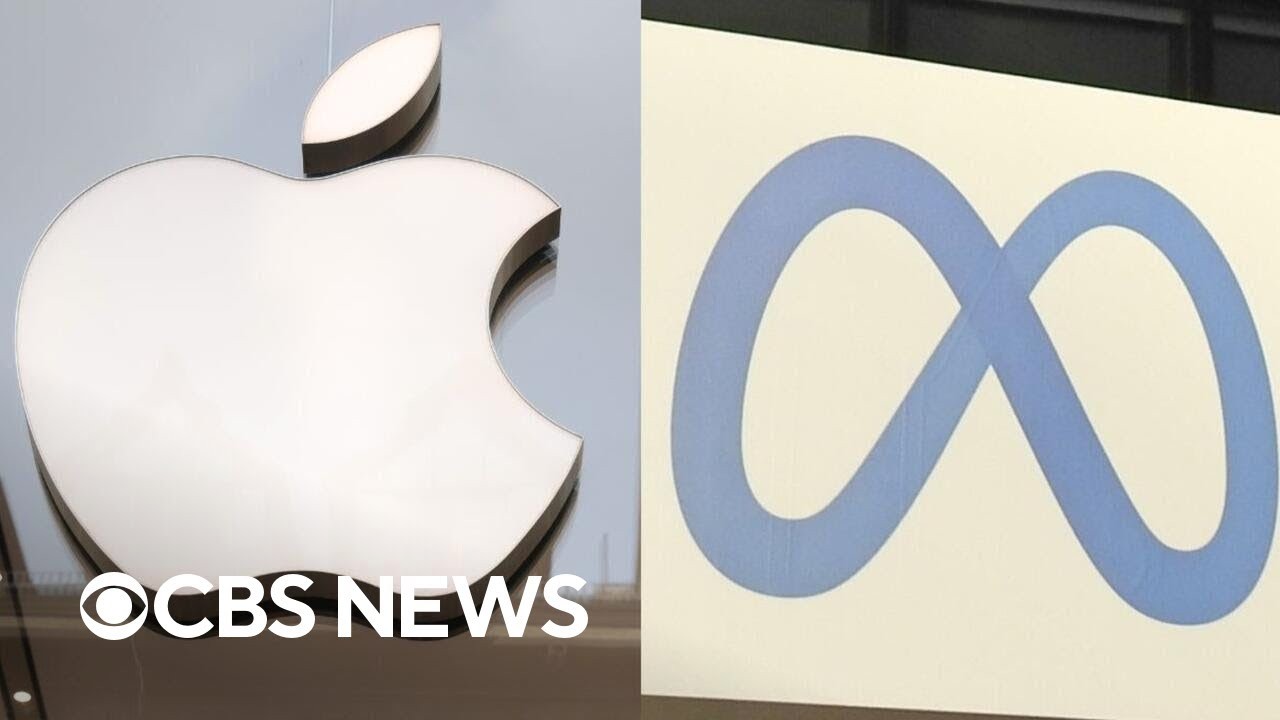
The European Union imposed hefty fines on tech giants Apple and Meta on Wednesday for violating the bloc's digital competition laws, escalating tensions between Brussels and Washington over regulation of American technology companies.
Apple faces a €500 million ($571 million) penalty for failing to comply with "anti-steering" rules that require the company to let app developers inform customers about alternative payment options outside the App Store. The iPhone maker plans to appeal the decision, arguing that the EU is unfairly targeting the company and forcing it to compromise user privacy and security.
Meta received a €200 million ($228.4 million) fine for illegally requiring Facebook and Instagram users to either share their data or pay for ad-free versions of the platforms. The social media company must modify its advertising model within 60 days or risk additional penalties.
Both companies strongly rejected the EU's decisions. Apple stated it had invested substantial engineering resources to meet compliance requirements, while Meta's chief global affairs officer Joel Kaplan accused the Commission of discriminating against American businesses compared to Chinese and European competitors.
The fines come amid growing trade friction between the EU and U.S. The Trump administration recently imposed "reciprocal" tariffs on European goods, initially set at 20% before being reduced to 10% during trade negotiations. Trump has previously criticized what he termed "overseas extortion" of U.S. tech firms through EU regulatory actions.
The European Commission maintains its enforcement of the Digital Markets Act aims to protect fair competition. Regulators acknowledged Meta's efforts toward compliance through a new advertising system using less personal data, though they continue evaluating its real-world impact.
This latest clash over tech regulation highlights the widening policy divide between Europe and America, with potential implications for transatlantic trade relations and the future of global digital markets.